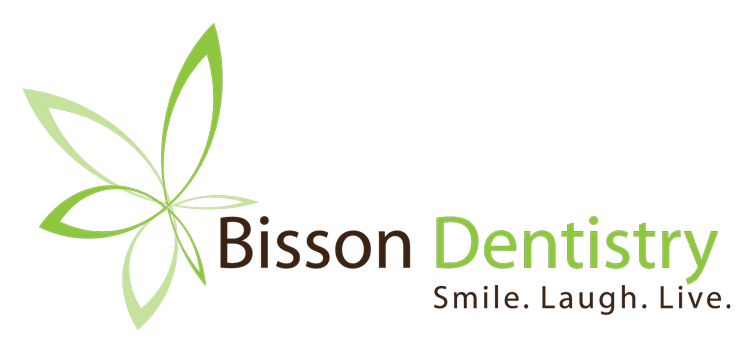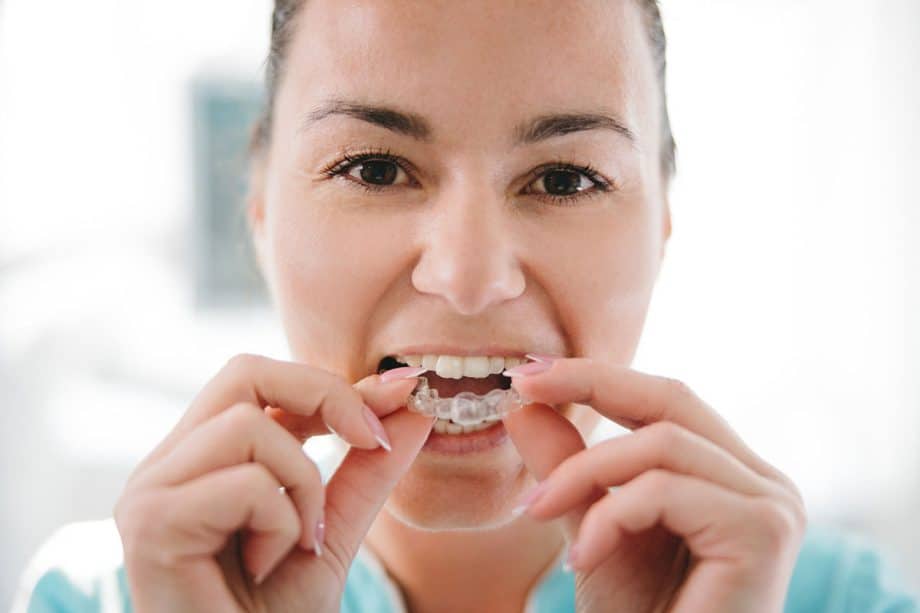Teeth grinding, also known as bruxism, is a common condition that many people experience—often without even realizing it. Some grind their teeth during the day while dealing with stress or concentrating, while others do it unconsciously during sleep. Though it may seem minor, prolonged teeth grinding can lead to severe problems, such as headaches, jaw pain, damaged teeth, and sleep disruption.
If you’ve noticed signs such as a sore jaw, cracked teeth, or frequent morning headaches, it’s essential to address the problem before it worsens. Below, we’ll explore bruxism in detail, including its symptoms, causes, and practical strategies to help you stop grinding your teeth.
Recognizing the Symptoms and Causes of Teeth Grinding
Teeth grinding can go unnoticed, mainly when it occurs during sleep. Still, there are key signs to keep an eye on, including:
- Persistent morning headaches.
- Pain, discomfort, or tightness in the jaw muscles.
- Chipped, worn down, or flattened teeth.
- Heightened tooth sensitivity due to enamel damage.
- Sleep interruptions or reports of grinding noises from a partner.
Understanding the root causes of bruxism is essential for finding the right solution. Though the exact causes vary, several factors increase the likelihood of grinding:
- Stress and anxiety: Bruxism is often an unconscious way of handling overwhelming emotions or stress.
- Sleep disorders: Conditions like sleep apnea frequently contribute to teeth grinding during the night.
- Medications and substances: Certain antidepressants and stimulants have been linked to bruxism as a side effect.
- Lifestyle habits: Consuming large amounts of caffeine or alcohol can aggravate grinding.
- Dental alignment issues: Misaligned teeth or bite imbalances can lead to compensatory grinding.
Pinpointing the underlying cause is crucial to choosing an approach that works for your specific situation.
Lifestyle Adjustments to Reduce Teeth Grinding
For many individuals, adjusting daily habits can significantly reduce or even eliminate grinding. Consider integrating these changes into your routine:
1. Manage Stress Effectively
Stress remains one of the leading triggers of bruxism. By incorporating stress-relief techniques, you can lower tension and reduce the likelihood of grinding. Physical activities like jogging or biking, mindfulness practices such as meditation, and other calming hobbies often prove beneficial. Deep breathing exercises and yoga help, too, by encouraging relaxation.
2. Establish Better Sleep Hygiene
A relaxing bedtime routine can help prevent nighttime teeth grinding. To optimize your sleep environment, avoid stimulants like caffeine and alcohol several hours before bed. Instead, engage in soothing activities such as reading, light stretching, or listening to calming music to encourage restful sleep.
3. Identify and Control Daytime Grinding
If you notice yourself clenching or grinding your teeth during the day, begin actively addressing it. A simple method is placing the tip of your tongue between your teeth to relax your jaw muscles. Practicing this mindfulness technique consistently helps reduce clenching over time.
4. Reduce Stimulating Substances
Limiting your intake of caffeine, nicotine, and alcohol makes a big difference in relaxing your jaw muscles. These substances often amplify muscle activity, which can worsen grinding. Cutting back or eliminating them from your daily routine can contribute to noticeable improvements.
Dental Solutions for Chronic Teeth Grinding
While lifestyle modifications can often alleviate mild bruxism, chronic cases usually require professional intervention. Dentists offer several effective treatments for teeth grinding, including custom mouthguards.
Custom Mouth Guards
Custom mouth guards are one of the most effective ways to protect your teeth and jaw from damage caused by grinding. Tailored specifically to fit your bite, these professionally crafted appliances reduce tension in your jaw muscles and serve as a barrier between your upper and lower teeth. Unlike over-the-counter options, custom mouthguards deliver ultimate comfort and precise protection.
Discover more about custom mouthguards and why they’re a trusted solution for managing bruxism.
Custom mouthguards offer key benefits, such as:
- A snug, comfortable fit designed for your unique bite.
- Durable materials provide lasting relief.
- Reduced risk of chipped teeth, jaw pain, or enamel loss.
Orthodontic Treatments
Orthodontic treatments may be recommended for cases where bruxism stems from misaligned teeth or a poor bite. Straightening teeth or adjusting bite alignment helps eliminate the grinding caused by compensatory jaw movements.
Regular dental check-ups are also vital in tracking the impact of teeth grinding. Dentists can identify early signs of damage and take steps to prevent further complications.
Seek Expert Help for Long-Term Benefits
If you suspect that you’re grinding your teeth, seek professional advice without delay. A dentist can provide an accurate diagnosis, identify potential causes, and recommend treatments tailored to your situation.
At Bisson Dentistry, protecting your oral health is our priority. Our experienced team takes a proactive approach to managing bruxism, from offering custom mouthguards to implementing advanced care solutions. We work with you to address your concerns and provide personalized treatment options.
Frequently Asked Questions About Teeth Grinding
What are common triggers for teeth grinding?
Stress, anxiety, caffeine or alcohol consumption, sleep disorders like sleep apnea, and dental alignment issues are some of the most common triggers. Recognizing your unique triggers is the first step toward managing the condition.
How can I determine if I grind my teeth at night?
Since teeth grinding often occurs during sleep, it might not be evident to you. However, look for signs like waking up with a sore jaw, frequent headaches, or sensitive teeth. A partner may also notice grinding sounds during the night, providing further confirmation.
At Bisson Dentistry, we’re here to help you achieve a healthier, more comfortable smile. We offer proven solutions, including custom mouthguards, to address bruxism and prevent its harmful effects. Contact us today to learn more and book your appointment.

